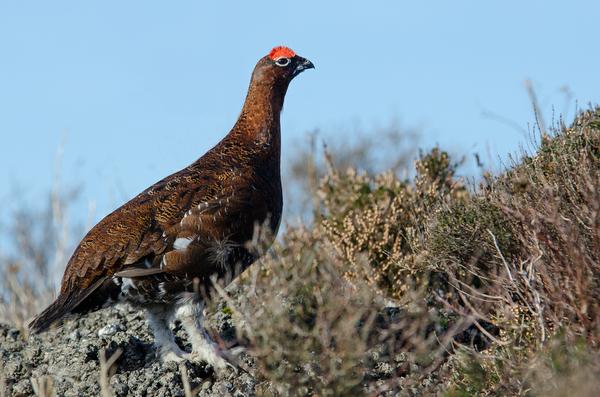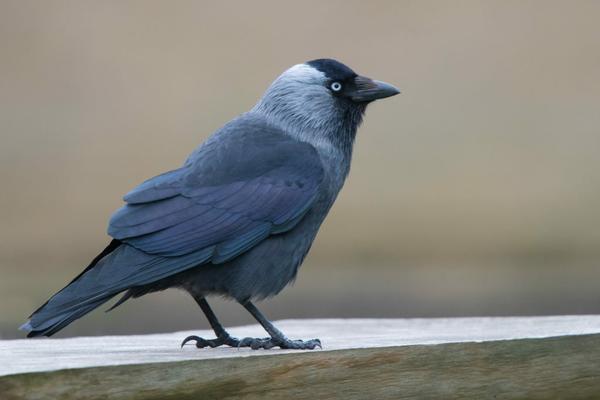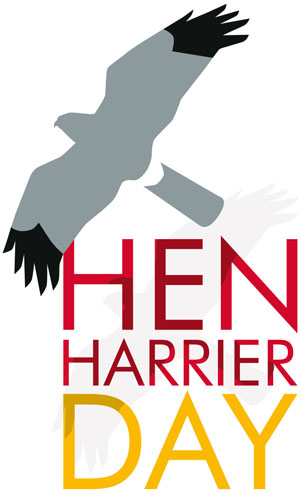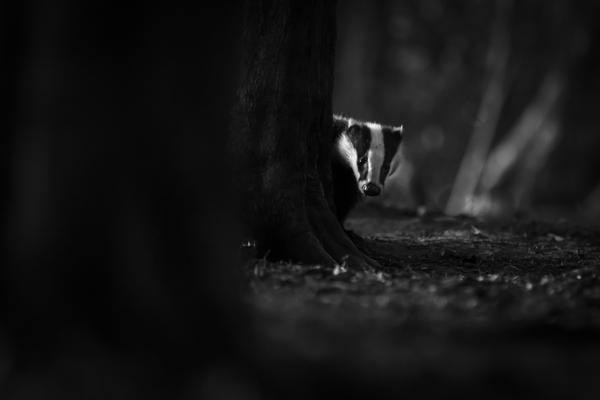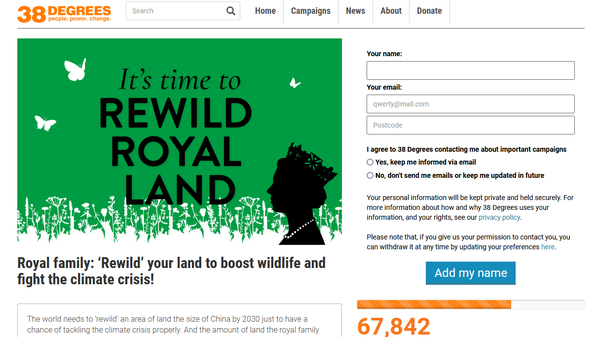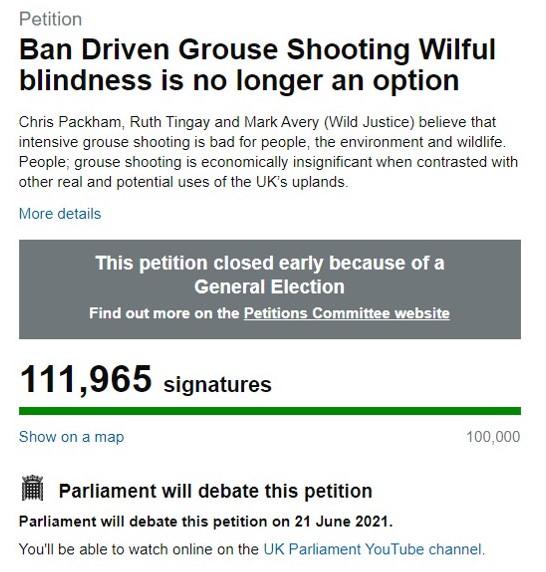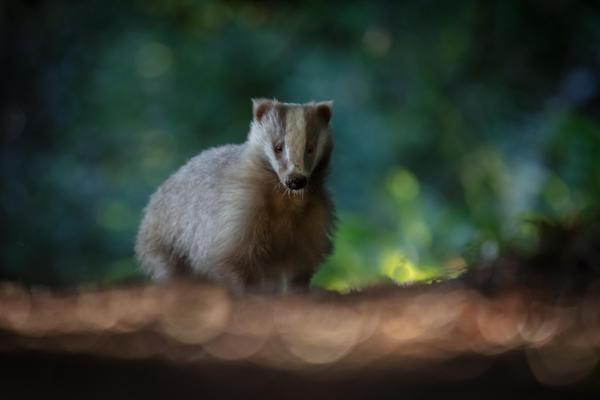Massive 8-Foot Burmese Python Mistaken for 'Garden Hose' by Homeowner
Sunday 27 June 2021
Python poser
Friday 25 June 2021
BBC: Why has the sea off Scotland turned turquoise?
You'd be forgiven for thinking you're looking at a photo from the Mediterranean but this is Scotland's west coast around the Isle of Arran.
The vivid turquoise colour of the sea has captured the imaginations of those living nearby with many taking to social media for answers.
In the absence of any known samples being analysed, experts think it is a coccolithophore bloom.
BBC: Scientists hail stunning 'Dragon Man' discovery
Chinese researchers have unveiled an ancient skull that could belong to a completely new species of human.
The team has claimed it is our closest evolutionary relative among known species of ancient human, such as Neanderthals and Homo erectus.
Nicknamed "Dragon Man", the specimen represents a human group that lived in East Asia at least 146,000 years ago.
It was found at Harbin, north-east China, in 1933, but only came to the attention of scientists more recently.
An analysis of the skull has been published in the journal The Innovation.
One of the UK's leading experts in human evolution, Prof Chris Stringer from London's Natural History Museum, was a member of the research team.
Subject: Wild Justice 66 - Grouse shooting debate and more
- Hen Harrier numbers have increased in England very slightly, an important scientific paper has shown beyond doubt that Hen Harriers die or disappear mysteriously on grouse moors at a far, far higher rate than on other habitats and that the killing continues. What han't changed is that DEFRA does not have a plan for dealing with wildlife crime emanating from the grouse shooting fraternity.
- the calls for burning of vegetation on peat soils have risen, notably from the Committee on Climate Change, and DEFRA has been slow to act, and its proposed measures to limit damaging burning are inadequate
- Scotland has committed to introduce licensing of grouse shooting there, the Labour Party has committed to introduce licensing in England but DEFRA has done nothing
Thursday 24 June 2021
Saving yellow naped parrot
Beauty behind bars
Torn from their parents.
Imprisoned for life.
These rare parrots are paying a heavy price for their splendour.
Yellow-naped parrots are stunning birds. With their glorious green and gold-flecked plumage and piercing amber eyes, they really are exquisite. However, it is this beauty, combined with their incredible intelligence and mimicking skill, that has become their downfall.
These charismatic creatures have become a primary target for poachers, sold on to the pet trade at a level that is simply unsustainable. Pet hunters target vulnerable eggs and chicks, poaching up to 100% of nests in some locations. These highly social animals are then locked away, sentenced to a life of solitary confinement.
The reality of such stark cruelty resulting from people wanting to share their homes with these beautiful creatures is heartbreakingly ironic. They have a mere 50% chance of survival when seized from the wild.
But beyond the incessant suffering, their species isn’t coping.
Yellow-naped parrot numbers are thought to have halved in the last decade. Their population is plummeting, yet the plight of these brave birds is largely flying under the radar.
This doesn’t just affect the birds themselves. This illicit capture and trafficking has a terrifying knock-on effect on the surrounding ecosystem; yellow-naped parrots perform a valuable role as seed dispersers for many native fruit trees so they are crucial to the health of these tropical forests they call home.
Unless we intervene now, this downward spiral will soon end in disaster.
So, through your support, FFI is working hard with local communities to build support for the protection of the parrots. We are establishing a network of guardians and setting up patrols in key locations to prevent poaching and monitor populations, offering incentive payments to protect nests.
This work is a great step towards changing mindsets and attitudes around such a deeply ingrained cultural norm, and the long-term protection of these birds will ultimately hinge on reducing the demand.
With your help and donations, we can continue this work and stop this trade for good, helping yellow-naped parrots to flourish in the wild once more.
Please help save yellow-naped parrots. If everyone reading this donates just £3, you could help provide vital funds to incentivise locals to protect these birds, keeping them free and thriving. Thank you.
Wednesday 23 June 2021
Tortoise in a wheelchair
BBC: Chinese elephant mystery
Elephants are by nature fiercely intelligent beasts and experts who study them day in day out already know a great deal about them.
And yet a herd of endangered elephants in China has completely dumbfounded scientists globally, while captivating an entire nation in the process.
It's not unusual for elephants to move small distances. But this herd has been lumbering its way across China for more than a year now. The elephants have jnow strayed almost 500km (310 miles), a mammoth trek from their original habitat.
It's thought that they started their journey last spring from Xishuangbanna National Nature Reserve in the southwest of the country, near the border with Myanmar and Laos.
They began moving north and in the last few months, the elephants have popped up in a number of villages, towns and cities.
Read on…
Sunday 20 June 2021
Subject: Wild Justice 64 - please contact your Westminster MP this Week
- about half a million Red Grouse are shot in a typical year - few of them are eaten - it's just shooting for fun
- a grouse moor is as unnatural as a car park or a field of wheat and yet they dominate much of our uplands - they are a block to a wilder, more natural, and more beautiful landscape
- our upland National Parks have been de-wilded by grouse moor management - it's time to let nature have them back
- intensive grouse shooting is underpinned by wildlife crime - particularly the illegal killing of birds of prey such as Hen Harriers, Peregrine Falcons and Red Kites
- thousands and thousands of foxes, stoats, crows and other predators are killed, legally, to make sure as many Red Grouse as possible survive to be shot at
- lead ammunition is still used on grouse moors and should be banned
- heather burning damages protected habitats, increases greenhouse gas emissions, increases flood risk and increases water treatment costs - DEFRA proposals to address these problems are so weak that Wild Justice has started a legal challenge of DEFRA's proposed measures
- the densities of Red Grouse are so unnaturally high on grouse moors that diseases are becoming commoner - the grouse are dosed with powerful medicines to help them get through to the opening of the shooting season and the checks on food contamination simply aren't up to scratch
REPOST: Wild Justice 65 - this one we lost.
Friday 18 June 2021
Pigggies not offed
IMAGE COPYRIGHTBRINSLEY ANIMAL RESCUE
A litter of piglets has been saved from slaughter after their mother escaped from a farm and gave birth in woodland.
Matilda and her piglets, dubbed the "Ollerton 11", were discovered by a dog walker in Nottinghamshire on Monday.
An animal charity had hoped to rescue the pigs from the woodland, but the farm rounded them up three days after they were found.
The farm has now handed over the pigs on the condition a planned demonstration is called off.
More than 5,000 people had also signed a petition to let Brinsley Animal Rescue save the pigs.
The pigs will be looked after at the rescue centre in Nottinghamshire to start with, but a permanent home has been found for them at Surge, an animal sanctuary elsewhere in the Midlands.
Saving the Vietnam jungle
Help save thousands of animal lives
This is a one-off opportunity to stop a slaughter.
There’s a phenomenal area of Vietnamese jungle called Phong Nha-Ke Bang National Park (or PNKB for short). It is a special combination of limestone hills and temperate forest, which has allowed it to bubble over with wildlife, from gibbons and geckos to pygmy lorises and bears.
There’s even a good chance that some of the planet’s super-rare creatures - namely saola and Sunda pangolins - are holding on in the area.
But a new wave of illegal logging is blitzing its way towards this area at breakneck pace. If it is left unchecked, the forests will be felled indiscriminately, and the animals living within them won’t stand a chance.
Thousands will die.
What’s more, that logging will bring poaching along with it. The gibbons will be cut down en masse and served up as bushmeat. The lorises will be ripped from the wild, shoved into crates and sold into the pet trade - half of them dying before even reaching their destination.
It will turn from an ecological paradise into a complete horror show.
Please help us stop this. Please help us get rangers in the field.
We need to act immediately, but if we can raise the funds in time to deploy enough rangers then we can stop the madness before it truly begins.
Once equipped with boots, raincoats, first-aid kits, binoculars, phones, GPS kits and other vital gear, those rangers have the power to stop the criminal logging, and stop PNKB being irreversibly damaged.
For those funds, we are reliant on people like you.
And we’ve received a sensational offer. One donor has offered to multiply every donation you make by 10, so your gift of £30 would be worth £300 - every penny of which would be used to protect PNKB in Vietnam.
If we miss this opportunity, the cost in animal lives will be unbearable. Please help save them - there are vanishingly few places on Earth where your support could make such a huge difference.
Please donate now.
If we’re to strike at the cause of animal extinctions - and the trade that almost certainly brought Covid-19 upon us - this work is essential. Only you can make the difference between life and death for so many animals.




